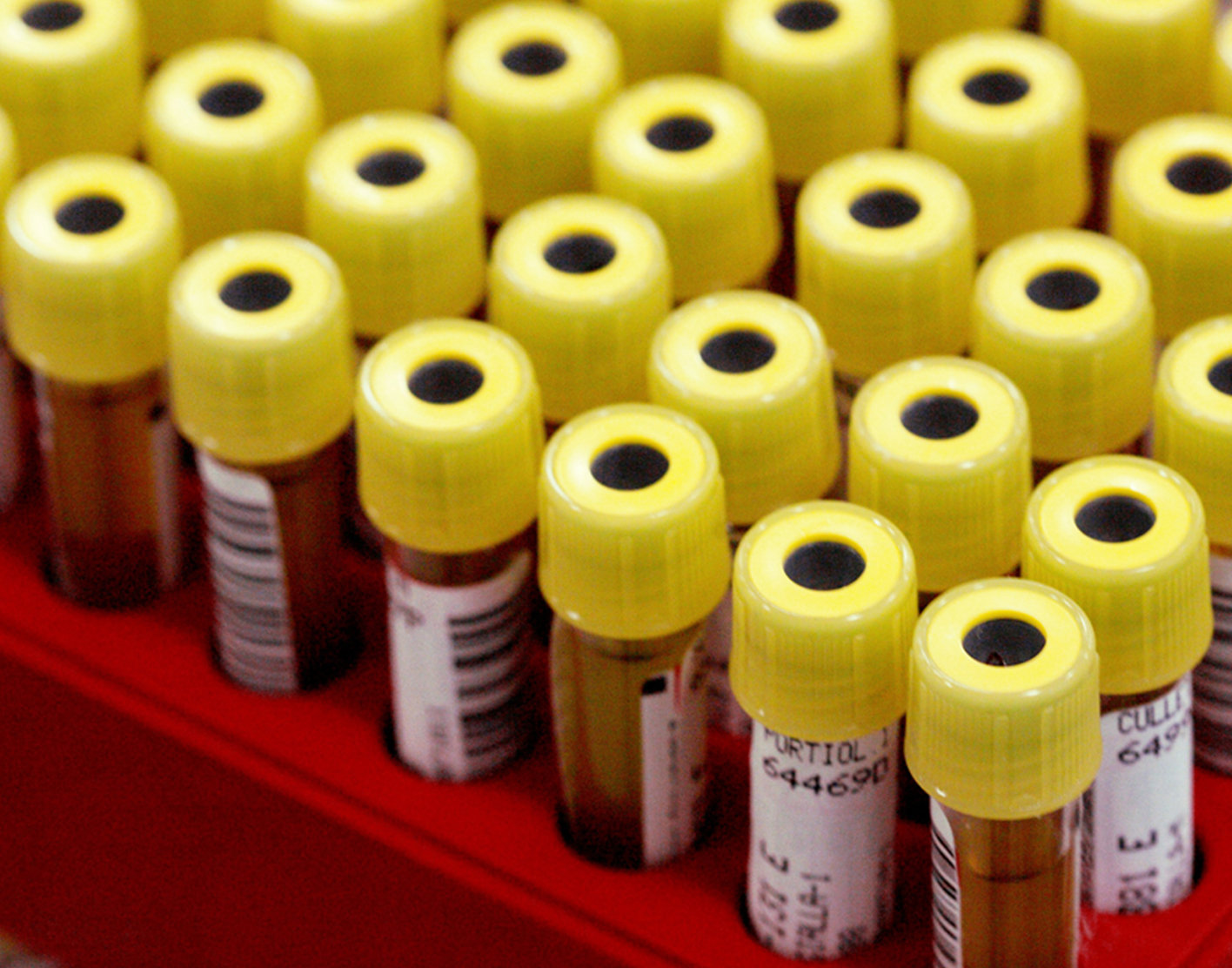
Aspergillosis precipitin
Definition
Aspergillosis precipitin is a laboratory test to detect antibodies in the blood resulting from exposure to the fungus
Alternative Names
Aspergillus immunodiffusion test; Test for precipitating antibodies
How the Test is Performed
A
The sample is sent to a laboratory where it is examined for precipitin bands that form when aspergillus
How to Prepare for the Test
There is no special preparation.
How the Test will Feel
When the needle is inserted to draw blood, some people feel moderate pain. Others feel only a prick or stinging. Afterward, there may be some throbbing or slight bruising. This soon goes away.
Why the Test is Performed
Your health care provider may order this test if you have signs of an aspergillosis infection.
Normal Results
A normal test result means you do not have aspergillus antibodies.
Normal value ranges may vary slightly among different laboratories. Some labs use different measurements or test different samples. Talk to your provider about the meaning of your specific test results.
What Abnormal Results Mean
A positive result means antibodies to the fungus have been detected. This result means you have been exposed to the fungus at some point, but it does not necessarily mean you have an active infection.
False-negative results are possible. For example, invasive aspergillosis often does not produce a positive result, even though aspergillus is present.
Risks
There is little risk involved with having your blood taken. Veins and arteries vary in size from one person to another and from one side of the body to the other. Taking blood from some people may be more difficult than from others.
Other risks associated with having blood drawn are slight, but may include:
- Excessive bleeding
- Fainting or feeling lightheaded
- Multiple punctures to locate veins
- Hematoma (blood accumulating under the skin)
- Infection (a slight risk any time the skin is broken)
References
Iwen PC, Thompson GR, Wiederhold NP. Mycotic diseases. In: McPherson RA, Pincus MR, eds. Henry's Clinical Diagnosis and Management by Laboratory Methods. 24th ed. Philadelphia, PA: Elsevier; 2022:chap 60.
Thompson GR, Patterson TF. Aspergillus species. In: Bennett JE, Dolin R, Blaser MJ, eds. Mandell, Douglas, and Bennett's Principles and Practice of Infectious Diseases. 9th ed. Philadelphia, PA: Elsevier; 2020:chap 257.
Review Date: 26/08/2023
The information provided herein should not be used during any medical emergency or for the diagnosis or treatment of any medical condition. A licensed physician should be consulted for diagnosis and treatment of any and all medical conditions. Call 911 for all medical emergencies. Links to other sites are provided for information only -- they do not constitute endorsements of those other sites. Copyright ©2019 A.D.A.M., Inc., as modified by University of California San Francisco. Any duplication or distribution of the information contained herein is strictly prohibited.
Information developed by A.D.A.M., Inc. regarding tests and test results may not directly correspond with information provided by UCSF Health. Please discuss with your doctor any questions or concerns you may have.



























